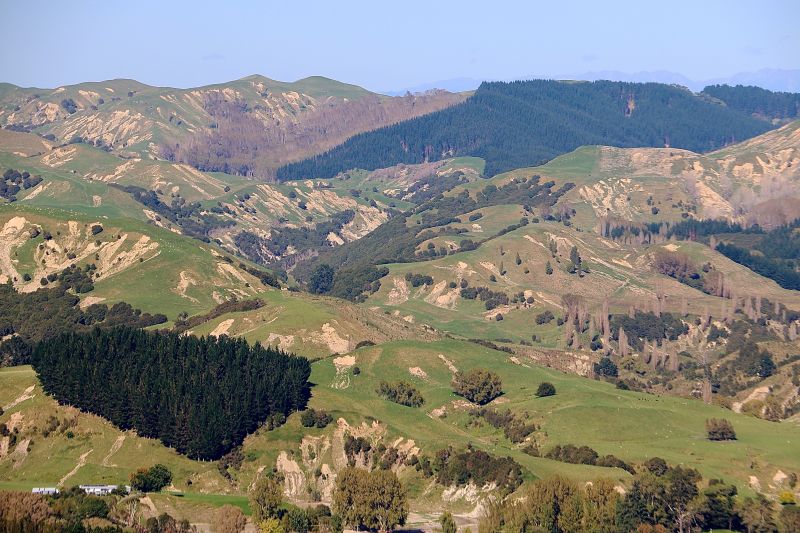As our region, and especially its food and fibre sector, begin to re-think and plan a more resilient future, the Hawke’s Bay Future Farming Trust would urge that sustainable farming principles and environmental outcomes guide our path.
These principles reflect that our agricultural sector’s economic viability is very much determined by global consumers and decision-makers and that our food growing systems must better respect and work with nature. These two are inter-connected.
Our overseas markets define our farming reality. The world’s leading food retailers in the US, UK, Europe and Asia are demanding ever more stringent ‘sustainability’ standards — ever more closely monitored — to be met if we expect to be on their ‘shopping lists’.
Being seen to be credibly doing our bit with respect to GHG mitigation is a key element of those expectations. And that means actual mitigation or reduction in emissions, not buying offshore carbon credits.
Mitigation, in turn entails changes in on-farm practices — including reduced fuel use, reduced use of synthetic fertilisers and imported feeds, and sequestering carbon in new plantings and by growing soil depth.
As they consider the likely climate in 2050, farmers and growers should assess the suitability of the land they farm for permanent crops, arable, pasture production, commercial forestry or retirement into indigenous vegetation. We must adopt most appropriate land use with revegetation of steeper erosion prone slopes and shelter/shade planting throughout pasture lands that prepare the land resource, farming infrastructure, people and livestock for a more lumpy climate (severe wind, long hot dry periods, high rainfall intensity).
Happily, these practice changes — especially within the right national emissions policy framework — create opportunities for farmers and growers to improve their profitability as well as achieve hugely important ancillary benefits such as improved animal welfare, less soil erosion and nutrient run-off, greater weather resilience, water and energy savings, and access to premium food markets.
Quorum Sense here in New Zealand, Land to Market in the US, and global Regrow are leading programmes helping farmers to understand and adopt more sustainable practices that can be verified and rewarded in the marketplace. Major banks – Rabobank, BNZ and ASB, for example – are introducing ‘sustainability loans’. While huge global food production and marketing corporates like Nestlé, Danone, McCains, Unilever, Cargill, PepsiCo and McDonalds have formed groups like the Sustainable Markets Initiative, SAI Platform and others and are investing billions to promote regenerative agriculture practices.
In short, growing the same stuff, the same way is not likely to be a viable future strategy. That’s not a dictate of ideology, it’s a reflection of trade realities and coming to terms with nature.
As we ‘rebuild’ coming out of Cyclone Gabrielle, this more holistic and long-range perspective must guide our planning, policies and actions.
HB Future Farming Trust role
The Trust provides farmers with information on exemplary land management systems that deliver improved environmental outcomes while also providing GHG mitigation options for land owners. We also educate individual farmers and growers via their sector groups and direct contact via workshops and on farm field days. The HBFFT website has information on our first large MPI funded project where Heinz and McCains have joined us with LandWISE in the six-year Carbon Positive demonstration trial at the LandWISE MicroFarm.
Overall, our work will build evidence of the benefits of restoring soil health while growing permanent crops, arable crops or pasture.
Phil Schofield is a soil scientist and Chair of the Hawke’s Bay Future Farming Trust

